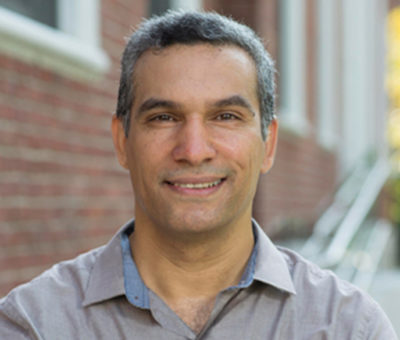Notwithstanding their decades of contention, the two governments must resolve their differences legally to make way for economic development and stave off public unrest. Despite their country producing 4.3 million barrels of oil per day, Iraq’s population remains poor. Gathering in the streets of southern towns, masses are protesting government corruption, power shortages, and
Read MoreIraqis went to the polls last Saturday in the first parliamentary election since ISIS forces were driven out of Iraq last year. So far, results show the coalition led by Shia cleric Muqtada al-Sadr’s coalition is ahead, with current PM Haider al-Abadi failing to hang on to power. However, it is always tricky to simply discuss winners and losers after the elections. The system
Read MoreA ray of hope The defeat of Islamic State (IS) in northern and western Iraq, and restoration of federal-government control over disputed territories (including Kirkuk) in the aftermath of the KRG referendum on independence, have altered the mood of Baghdad politics significantly in recent months. There is a tangible new sense of Iraqi nationalism (among Arab Iraqis at
Read MoreFifteen years after America’s invasion, Iraq is doing well An election in May offers a chance to build on recent progress IT IS less than four years since the homicidal zealots of Islamic State (IS) stood on the doorstep of Baghdad, their black flag already fluttering over several other Iraqi cities. The jihadists triumphed, albeit temporarily, because disgruntled Sunnis, for
Read MoreConcepts of rentierism or the rentier state gained wider circulation in political sciences since at least early 1970s, despite its old economic origin. Rent in classical political economy is one of three basic modes of income that coincides with three major factors of production, as laid out by Adam Smith; and these are: Capital = Profit Labor = Wages Land= Rent. Profit and
Read More





